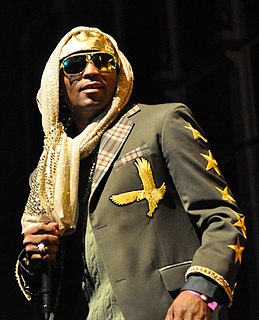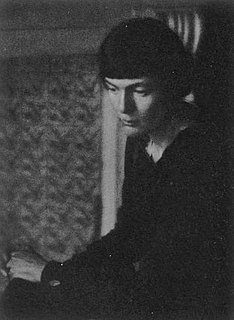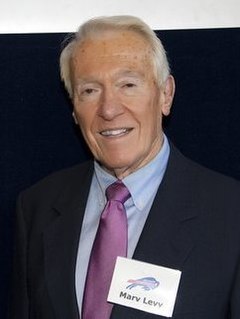A Quote by Ambrose Bierce
Kiss. n. A word invented by the poets as a rhyme for "bliss".
Related Quotes
In 1967, in DeKalb v. DeSpain, a court (255 F.Supp. 655. N.D.Ill. 1966.) took a 4-line nursery rhyme used by a K-5 kindergarten class and declared the nursery rhyme unconstitutional. The court explained that although the word 'God' was not contained in this nursery rhyme, if someone were to hear the rhyme, he might think that it was talking about God - and that would be unconstitutional!
Oh! might I kiss those eyes of fire, A million scarce would quench desire; Still would I steep my lips in bliss, And dwell an age on every kiss; Nor then my soul should sated be, Still would I kiss and cling to thee: Nought should my kiss from thine dissever, Still would we kiss and kiss for ever; E'en though the numbers did exceed The yellow harvest's countless seed; To part would be a vain endeavour: Could I desist? -ah! never-never.
This is what rhyme does. In a couplet, the first rhyme is like a question to which the second rhyme is an answer. The first rhyme leaves something in the air, some unanswered business. In most quatrains, space is created between the rhyme that poses the question and the rhyme that gives the answer - it is like a pleasure deferred.
...Bliss is not something to be got. On the other hand you are always Bliss. This desire [for Bliss] is born of the sense of incompleteness. To whom is this sense of incompleteness? Enquire. In deep sleep you were blissful. Now you are not so. What has interposed between that Bliss and this non-bliss? It is the ego. Seek its source and find you are Bliss.































